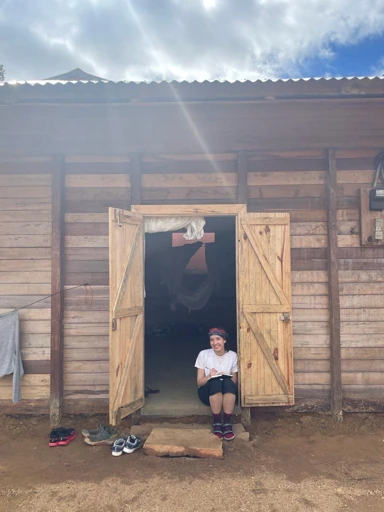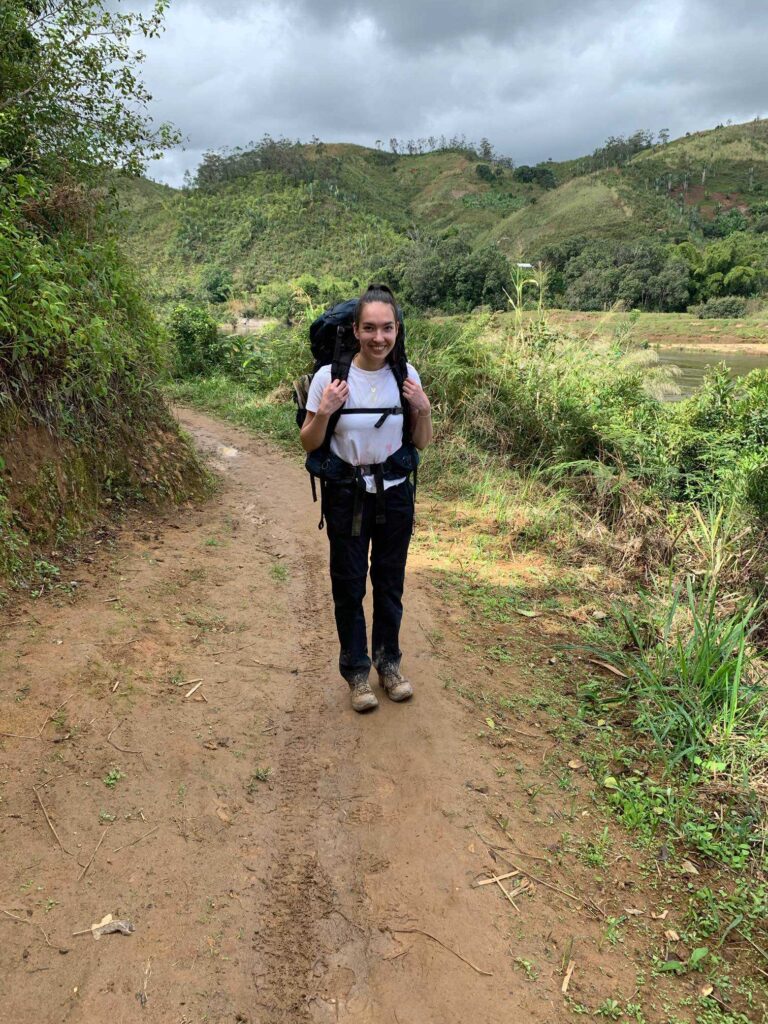International Women’s Day: Reaching the hard to reach in Madagascar

This International Women’s Day we want to shine a light on one of the many amazing women here at Aurora. Following her Master’s, Anna Lenherr brought her passion for addressing health inequality from the field to Farringdon, where she now works as an Account Executive. Read on to learn more about her inspirational experiences providing community support and researching schistosomiasis in Marolambo, Madagascar.
Schistosomiasis is a neglected tropical disease (NTD) caused by parasitic worms transmitted through freshwater snails. The World Health Organization (WHO) estimates this diseases impacts 252 million people globally, with at least 90% of those requiring treatment for schistosomiasis living in sub-Saharan Africa. This disease especially affects poor communities without access to safe drinking water and adequate sanitation. As there is currently no vaccine, the main control methods include preventative chemotherapy treatment through regular mass drug administration (MDA), snail control and health education to raise awareness and understanding of disease transmission and to improve MDA uptake.
While completing a Master’s in International Public Health (MPH) at Liverpool School of Tropical Medicine, I joined Madagascar Medical Expeditions (MadEx), a research project and charity formed in 2014 by medical students at the University of Manchester. The main goal of MadEx is to reduce the burden of schistosomiasis and other neglected tropical diseases in Marolambo, a remote rainforest district in southeast Madagascar. Through collaborations with the Madagascar Ministry of Health and the Durrell Wildlife Conservation Trust, MadEx has run annual expeditions to research disease prevalence, implement a novel health education program in local schools, and advocate for consistent MDA. As part of my dissertation that is currently undergoing publication, I undertook statistical analysis of previous MadEx data to evaluate the association between malnutrition and four years of annual mass praziquantel treatment for schistosomiasis in school-aged children in the Marolambo district.
After graduating, I had the opportunity to join the MadEx 2022 June expedition. Along with a team of three British doctors, two Malagasy doctors and two Malagasy social workers, I flew to Marolambo, Madagascar. Below are the main aims and outcomes of our expedition:
- Hold a ‘Schistosomiasis Teaching Day’ in Marolambo to feedback results of previous expedition research to build and sustain trust among community
- Introduce a novel Schistosomiasis Education Programme (SEP) to local teachers and district leaders and implement this in the local school curriculum in six schools in the Marolambo district
- Carry out quantitative Knowledge, Attitude and Practices (KAP) surveys with school children to investigate any changes from previous years and the benefits of health education
- Conduct qualitative focus group sessions with local teachers and village leaders to further inform the specific needs of the community
- Ensure the sustainability of MadEx by handing over leadership to the Malagasy MadEx team
Reflecting on the successful month of unique challenges to implement a novel health education programme with MadEx, it was hugely insightful to work with a community who are often neglected from large national health campaigns. Engaging with those living in any ‘hard to reach’ population often requires in-person conversations to truly understand their needs.

Since then, I’ve had the opportunity to apply the knowledge and skills I gained from this expedition to the patient-centric work I continue to support at Aurora, from vaccine rollout strategy to health inequality campaigns.
Click here to find out more about how we can help you develop patient-focused projects and campaigns.




